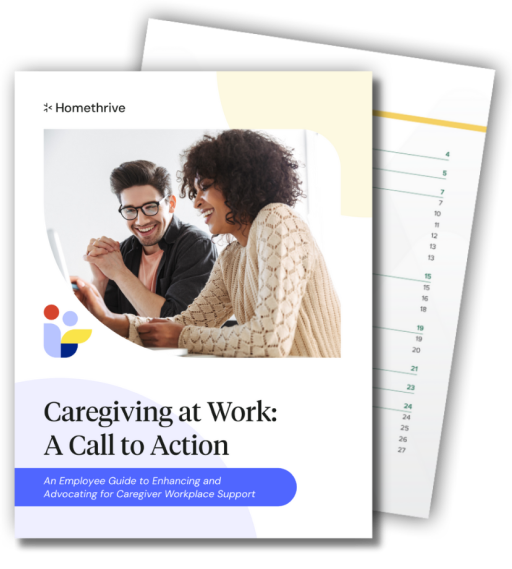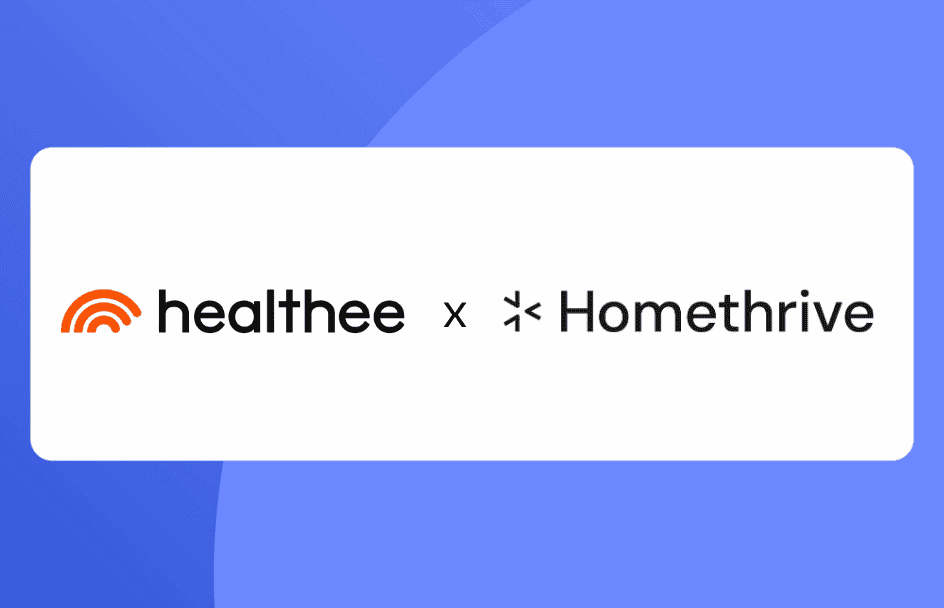As an employer, it’s important to consider the several types of support and benefits you can offer your employees, particularly when it comes to caring for their families. Two options you may come across are family caregiving benefits and employee assistance programs (EAPs). While these two options may seem similar, they serve different purposes for employees.
The Main Differences Between These Two Options
First, let’s look at family caregiving benefits. Family caregiving benefits are focused on supporting employees who are caring for a family member, whether that be a short- or long-term situation. These are benefits specifically designed to help employees with the added responsibilities, stress, and work that comes with caring for a loved one. Caregiving benefits can be used by any employee who supports an aging parent, a child, a loved one with special needs, or another family member who needs extra care and support.
On the other hand, EAPs are focused on supporting employees with a wider range of acute personal and professional challenges, including stress management, financial counseling, legal advice, or support for substance abuse.
Which option is best for your company? That depends on the needs of your employees and the resources you have available. It’s likely that the number of caregivers in your organization is higher than you think. In fact, 73% of all employees have some type of current caregiving responsibility. Thus, offering a comprehensive family caregiving benefit can be a fantastic way to support a sizeable part of your employee population.
Ultimately, both family caregiving benefits and EAPs are valuable resources for employees and can work synergistically to improve employee retention, productivity, and overall satisfaction. It’s worth considering both options when thinking about how best to support your team.
Other Ways to Support Caregivers
In addition, here are some other types of benefits that can ensure your corporate culture supports the needs of family caregivers:
Paid time off: This could be in the form of sick leave, vacation time, or even a special leave of absence specifically for caregiving purposes. This allows employees to take time off to care for their family members without worrying about losing pay or falling behind on their work.
Flexible work arrangements: Many employees who are caregivers struggle to balance their work and caregiving responsibilities. Offering flexible work arrangements, such as the ability to work from home or adjust their work schedule, can make a substantial difference for these employees.
Financial support: Some companies offer financial support for employees who are caregivers, such as paying for transportation costs or providing a stipend to cover other expenses.
We hope you found these insights helpful. To learn more about providing (much needed) family caregiving support to your employees, check out more resources on our website. To receive insights delivered straight to your inbox, sign up for our weekly newsletter!







